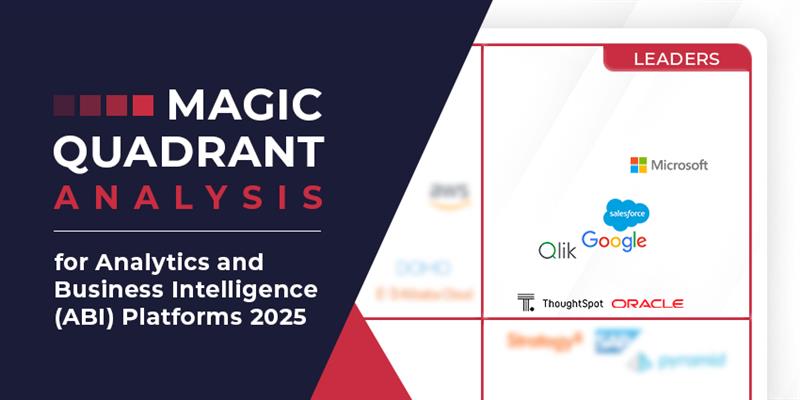A Gartner survey has found 79 percent of corporate strategists believe that AI, analytics, and automation will be crucial in ensuring their business success over the next two years.
They also reported that 50 percent of strategic planning and execution could be automated. Currently, only 15 percent of these activities are automated.
The survey took place between October 2022 and April 2023, with 200 corporate strategy leaders from North America, Western Europe, Asia, and Oceania.
David Akers, Director, Research at Gartner, said:
Leveraging analytics and AI for more efficient, insightful strategy decisions is one of the biggest challenges, and opportunities, corporate strategists face this year.
“For years, strategists have told their businesses: If you want to stay competitive and effective, you need to go digital.
“Now, they appear ready to apply that guidance to their own workflows.”
Most strategists said they already use descriptive and diagnostic analytics, but only a minority had deployed advanced analytics tools, including:
- Predictive analytics (41 percent)
- Graph analytics (36 percent)
- Prescriptive analytics (26 percent)
- Machine learning (20 percent)
- Natural Language Processing (23 percent)
The analytics tools being used the least among respondents were geospatial analytics (16 percent) and digital twins (eight percent).
Some of these low deployment figures could well be set to change soon, with a number of strategists indicating they are piloting some of the technologies.
The three tools being piloted the most, according to the survey results, are:
- Machine learning (32 percent)
- Prescriptive analytics (28 percent)
- Predictive analytics (28 percent)
Gartner Recommendation: Use Cases
52 percent of strategists said that building a clear use case was one of the top-three biggest obstacles to implementing new technologies. Akers explains:
There are several reasons for this. Strategists face an unfamiliar vendor market, have too many options to choose from, and have little precedent to build upon.
Strategists reported that the technologies they are planning to implement have already been shown to add value for other businesses.
Gartner recommends that organizations should begin mapping existing functionality to their specific needs.
Next, they should look at the various ways they can compare the different use cases by investigating their respective purpose, impact, and sustainability.
Based in Connecticut, USA, Gartner is a technology research and consulting firm with more than forty years of experience providing insights and guidance to enterprises globally.
It is a $5.5 billion company and a member of the S&P 500, with 19,500 associates in around 85 offices worldwide.
Last month, Gartner published its ‘Magic Quadrant for DevOps Platforms 2023’, which listed the leaders, challengers, visionaries, and niche players within the DevOps platforms market.
GitLab, Microsoft, and Atlassian occupied the much coveted top right-hand corner of the quadrant.
Also, in June 2023, Gartner uncovered that only eight percent of consumers used a chatbot during their latest service experience.
Furthermore, a quarter of these eight percent said that they would not use a chatbot again.
The survey also reflected how successful chatbot CX services have been for a range of use cases.







